Search Definitions
Browse Content (p. 163)
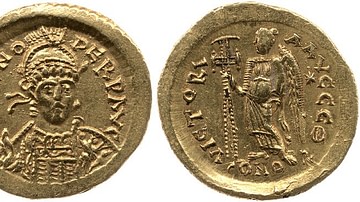
Definition
Emperor Zeno
Zeno was Byzantine emperor from 474 until 491 CE. An ethnic Isaurian, Zeno was repeatedly criticized as an outsider during his reign, which was full of rebellions and attacks by the Ostrogoths. He is best known for his failed attempt to compromise...

Definition
Castle Keep - The Safest Place in a Medieval Castle
The keep, located within a courtyard and surrounded by a curtain wall, was the heart of a medieval castle. The hall keep was a low building while the tower keep or donjon could have three or more floors and be topped by turrets and battlements...
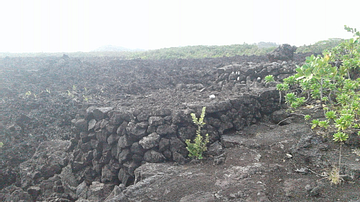
Definition
Kukii Heiau
Located at the easternmost point of the Hawaiian Islands, Cape Kumukahi holds a special place in ancient Hawaiian mythology as this was where the gods and goddesses first arrived in the islands from Tahiti. It was here that the fire goddess...
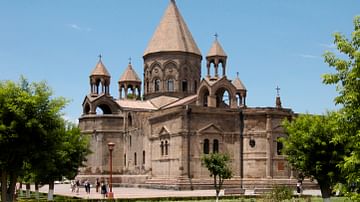
Definition
Etchmiadzin Cathedral
The Etchmiadzin Cathedral (also spelled "Echmiatsin,” “Echmiadzin,” and “Edjmiadsin”) is located in the city of Etchmiadzin (also referred to as Vagharshapat), Armavir Province in what is now present-day Armenia. It is geographically situated...
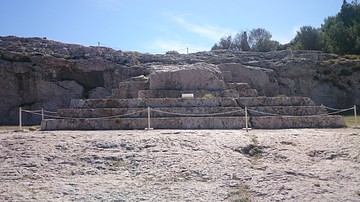
Definition
Critias
Critias (l. c. 460-403 BCE) was an Athenian politician, poet, and playwright, one of Socrates' followers, Plato's second cousin, a leading member of the Thirty Tyrants of Athens, and leader of the oligarchy they established. He is referenced...
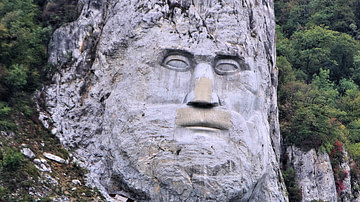
Definition
Decebalus
Decebalus (c. 87-106 CE) was the king of Dacia (roughly modern-day Romania and Moldova) who fought two wars with Rome under Trajan (in 101-102 CE and 105-106 CE) in defense of his kingdom. Trajan (r. 98-117 CE) was renewing a conflict between...
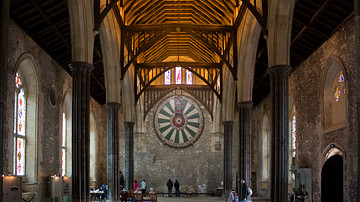
Definition
Great Hall
The Great Hall was the architectural centrepiece of a medieval castle's interior and functioned as the social and administrative hub of the castle and its estates. With everyone dining and sleeping in the hall in its early days, the room...
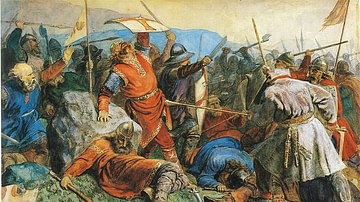
Definition
Viking Warfare
Viking warfare, along with its key component of raiding, is inextricably connected with the expansion of Scandinavian influence along the North Atlantic and into the Mediterranean in the Viking Age (c. 790-1100 CE), where the Vikings' heavy...

Definition
Ambiorix
Ambiorix (c. 54/53 BCE) was the co-ruler of the Eburone tribe of Gallia Belgica (north-eastern Gaul, modern-day Belgium) who led an insurrection against Caesar's occupying forces in Gaul in the winter of 54/53 BCE. Nothing is known of his...

Definition
Colosseum
The Colosseum or Flavian Amphitheatre is a large ellipsoid arena built in the first century CE by the Flavian Roman emperors of Vespasian (69-79 CE), Titus (79-81 CE) and Domitian (81-96 CE). The massive arena held 50,000 spectators and hosted...